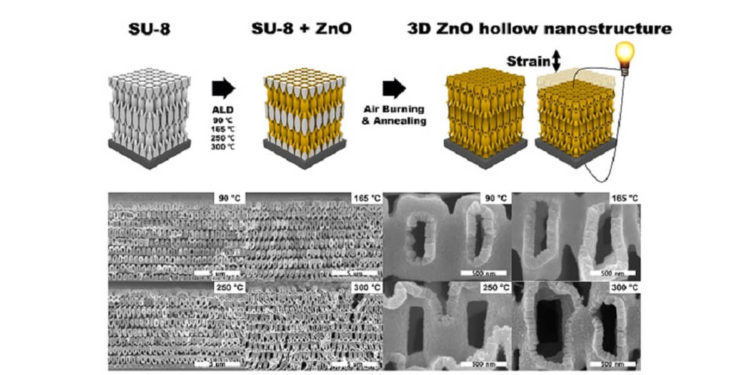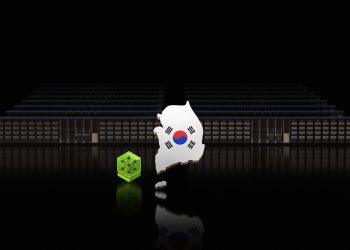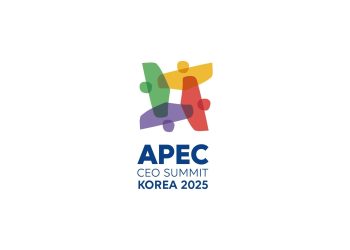Research university Korea Advanced Institute of Science and Technology (KAIST) developed a highly deformable nanomaterial for tactile electronics. This week, a research team at KAIST identified potentials for tactile electronics by developing highly deformable ceramic piezoelectric materials.
“With the advent of the non-contact era, the importance of emotional communication is increasing,” said KAIST Professor Seungbum Hong. “Through the development of novel tactile interaction technologies, in addition to the current visual and auditory communication, mankind will enter a new era where they can communicate with anyone using all five senses regardless of location as if they are with them in person.”
For the highly deformable ceramic nanoparticle’s development, the KAIST research team created a hollow nanostructure using nanopatterning. Through the use of the 3D hollow nanostructure, the research team was able to extend the material’s elastic limit. Before the deformable ceramic nanomaterial’s development, researchers experienced difficulties in controlling the material’s resistance to strain and fractures. Under the guidance of Professor Hong, the researchers were able to strengthen the material by minimizing its crack sizes.
Haptic Technology
“With the importance of non-contact environments growing due to COVID-19, tactile electronic devices using haptic technology are gaining traction as new mediums of communication,” said KAIST. Various industrial domains apply haptic technology, such as surgical operations, remote control system development, and even smartphone device manufacturing. In addition to those fields, robotics, augmented information communication technologies, and interactive displays also use haptic technology. Highly deformable piezoelectric materials are necessary for the progress of high-quality and well-functioning haptic technology.
“While additional research must be conducted to realize the application of the proposed designs for haptic enhancement devices, this study holds high value in that it resolves one of the most challenging issues in the use of piezoelectric ceramics, specifically opening new possibilities for their application by overcoming their mechanical constraints,” continued Hong.
Other KAIST breakthroughs
The findings of the KAIST research team showcased the highly deformable nanomaterial’s capabilities, as well as its future functions. Recently, the South Korean research university also developed an ultrathin high-resolution light field camera. According to KAIST, they will use the camera for medical operations, biometrics, virtual and augmented reality, computerized inspections, and mobile applications.







